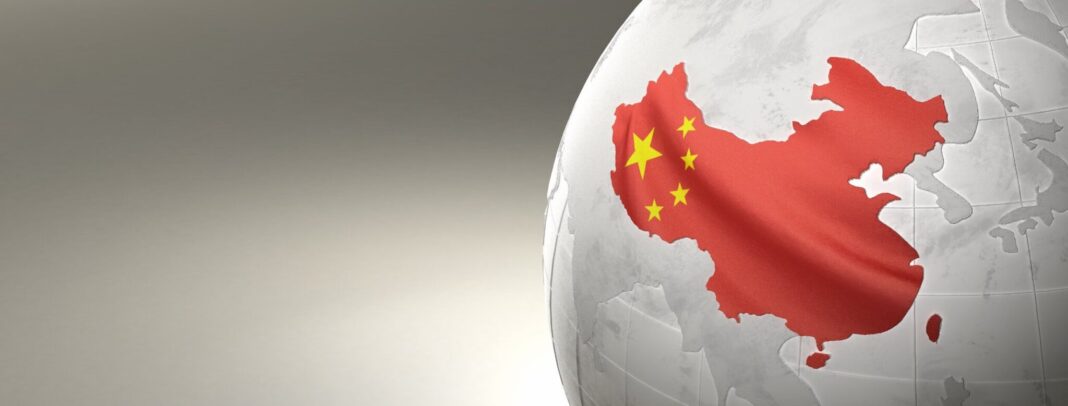In history, there are references to many countries which removed poverty under the monarchy, autocracy or any other form of governance that offers citizens limited political liberties. However, there is no instance of a country that sustained its prosperity, over a very long period, without ensuring political freedom. Beijing is trying to be an exception to this rule. History will teach it a lesson.
The Western world gave citizens equal rights to vote in the 1930s and 1940s when they were as poor (or poorer) as today’s Bangladesh (per capita income $2600). In the US, social liberty and equality were established in phases over a century. The last and final push came in the 1960s when their per-capita gross domestic product (GDP) was approximately $4000. The stunning fact is that democracy helped these countries fast-forward the pace of growth. The average income of the European Union grew from $1800 in 1970 to over $37,000. With a per-capita of $76,000, the US is today not only the richest country but also the most powerful nation in the World.
On the other side of the spectrum, some nations became extremely powerful over a quick span of time by sacrificing political freedom and eventually went bust. The erstwhile Soviet Russia or USSR falls in this category. It collapsed and splintered in 1992. The lessons have reached the autocracy-ruled West Asia, where countries made quick riches on oil. Some of them – like the monarchy in Saudi Arabia are now pursuing social and political reforms. Those who refused to learn the lessons – like Saddam Hussein’s dictatorship in Iraq – had vanished.
From this perspective, China is a clear outlier and is becoming increasingly so. The opening-up by Deng Xiaoping in 1978 offered the nation some breathing space. China’s per-capita GDP soared from barely $1148 in 2002 to $6300 in 2012 when Xi Jinping became the paramount leader and started cutting down on civil liberties. Deng opened China’s economy with a clear follow-up plan to introduce political reforms. But, the Chinese Communist Party (CCP) refused to give up its autocratic power and elected Xi who is fast taking the country to the days of Mao Zedong’s oppressive rule.
To the credit of Xi, he had doubled the per-capita GDP to $13,000. Considering the size of the economy and its population, this is a peak in global history. No country, with a totalitarian regime at the helm, has ever reached this income level. And, that raises serious doubts about its sustainability. Part of the answer is available in China’s unending saga of recent economic turmoil. The real estate bubble had burst thereby putting one-quarter of the GDP at risk. The bubble was created by channelising cheap debt. Lenders are saddled with a $13 trillion hole in the pocket. China’s local bodies went bankrupt because they could no longer mint money on land sales to realtors. Many banks failed. Nearly 70% of domestic savings are at risk. Naturally, Chinese citizens have cut down on consumption aspirations which is affecting the manufacturing growth. The stock market has been crashing for the last five years wiping out $7 trillion investor’s wealth worldwide.
Clearly, the CCP kept China on steroids to engineer artificial growth. The policies have led the country to a crisis which is not only similar to the financial meltdown in the US in 2008 but is probably way bigger than that. Having done so, Beijing has not only risked the growth of its own economy but also global growth. Investors on Wall Street lost trillions in Chinese stocks over the last year. They are now turning to India and other Asian markets for recovery. Foreign direct investment (FDI) flow to China is drying up, impacting the job potential.
An economic disaster of such scale would invite citizen’s wrath in any democratic country thereby forcing the governments to correct course. It indicates citizens’ participation in decision-making and the accountability of the governments to their own people. That’s the strength of democracy. Things are different in China. In January this year, the Ministry of Security announced a crackdown on Chinese nationals who are critical of their economy. China’s top intelligence agency made a bold announcement to prioritise “strengthening economic propaganda and public opinion guidance.” The problem is not merely in ‘propaganda’ but in saying it loudly, reported Forbes[i] on February 9.
The announcement sent shockwaves to global investors. According to a Bloomberg report, Citigroup discouraged its staff from discussing China’s currency or strategies to hedge the yuan when visiting the mainland. That the crackdown came on the back of the reinforcement of Article 23 in Hong Kong eliminating every scope of criticism. It can jail anyone from an investment banker to the correspondent of a foreign news agency for flagging potential defaults in real estate or deteriorating consumer confidence.
In short, the CCP wants to curb, every flow of information on its economy except Xi’s sermons. Can a modern economy perform under such conditions? Why should foreigners treat CCP’s words as gospel truth? Did any large economy prosper with such conditions? The answer is known. China will be doomed unless Beijing learns to respect democracy. The days of autocracy were over long ago.
[i] https://www.forbes.com/sites/williampesek/2024/02/09/chinas-7-trillion-crash-masks-the-really-bad-news/?sh=7d6f55915359
thehongkongpost.com

